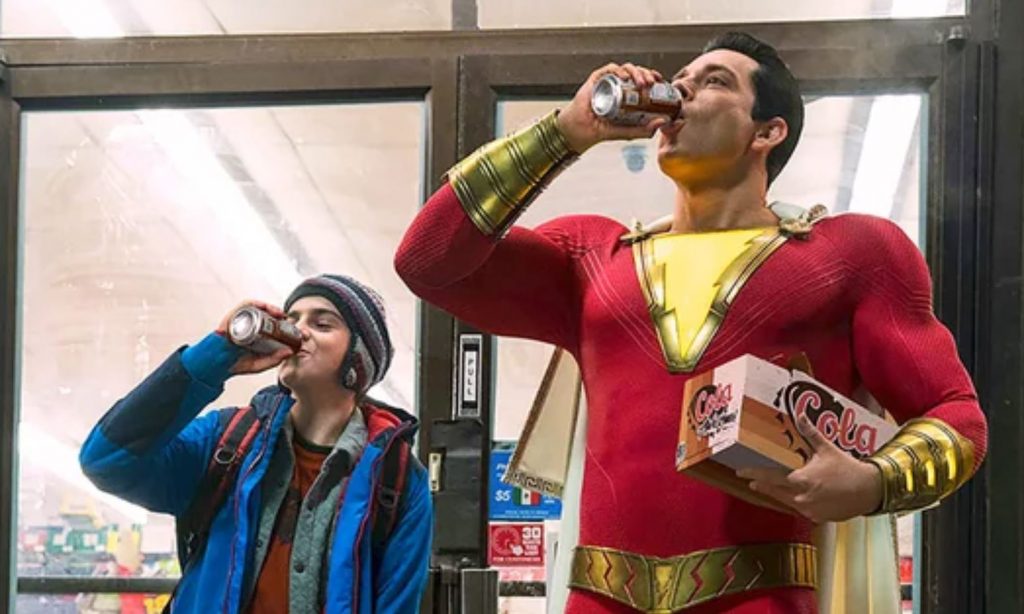Nocebo
by Hope Madden
There’s a lot to recommend in Lorcan Finnegan’s new film, Nocebo. It depicts the horror of corporate and personal greed, which is not only currently popular but horrifyingly timeless.
It boasts four admirable performances. Eva Green is Christine. Christine designs clothing for children, and right as she’s launching a new line, she gets some kind of terrible news. Simultaneously, she runs afoul of something seriously foul and finds herself, some months later, debilitated by a mysterious illness.
Her husband Felix (Mark Strong, always welcome) and daughter Bobs (Billie Gadsdon, terrific) are surprised to come home and find Diana (Chai Fonacier) has been hired as live-in help. Honestly, Christine is surprised, too, but she just can’t trust her memory anymore.
It’s a solid setup. Fonacier and Finnegan, whose Without Name (2016) offered excellent and underseen “into the woods” horror, keep you guessing as to Diana’s motives. Fonacier grounds her character, finding a balance between a number of rote horror options, which invites constant curiosity.
Still, without giving away any major plot points, it’s the character of Diana that makes the film so problematic. Writer Garret Shanley, who collaborated with Finnegan on both Without Name and the 2019 sci-fi horror Vivarium, leans into stereotypes and dated tropes to tell his tale.
That’s unfortunate because it’s a big problem for the film.
Finnegan does what he can by investing in both Christine and Diana’s points of view, which also keeps viewers off balance in terms of the likely outcome of the story. Strong injects the proceedings with a genuinely sympathetic perspective in a role that rarely benefits from such a thing. And Gadsdon is more than just adorable, although adorable she is.
But Nocebo doesn’t pack the punch it intends to, the point-of-view sleight of hand limiting the impact. It’s not the body horror promised by the catalyst, either. Instead, it’s a muddled if well-performed tale that leans heavily on an idea that needs to die.








